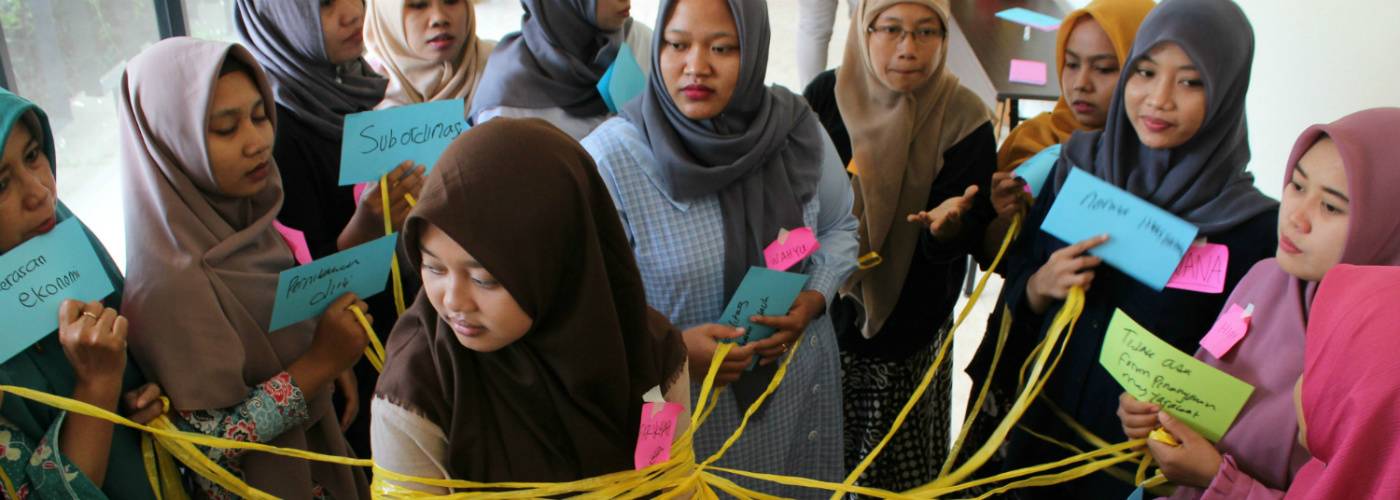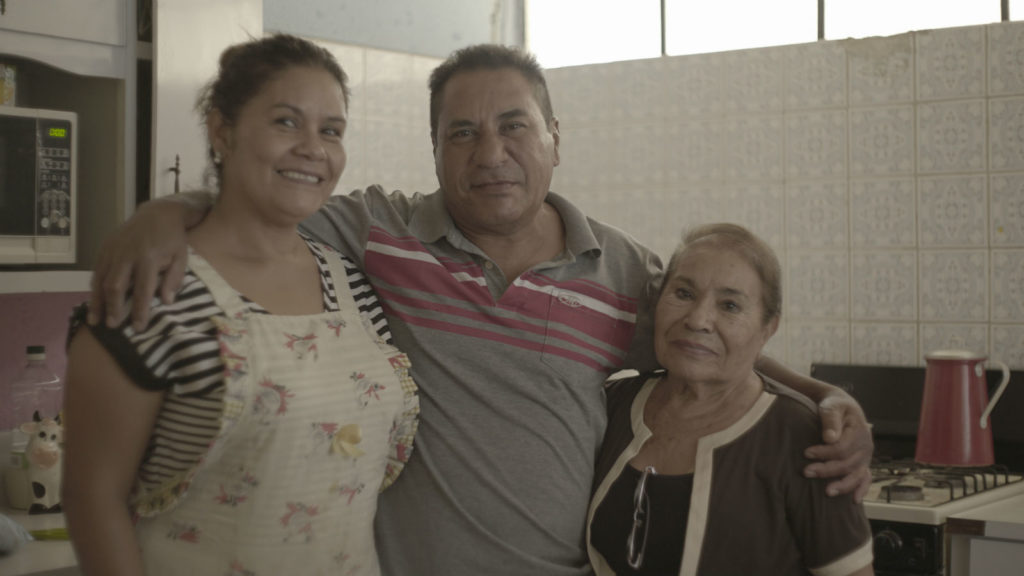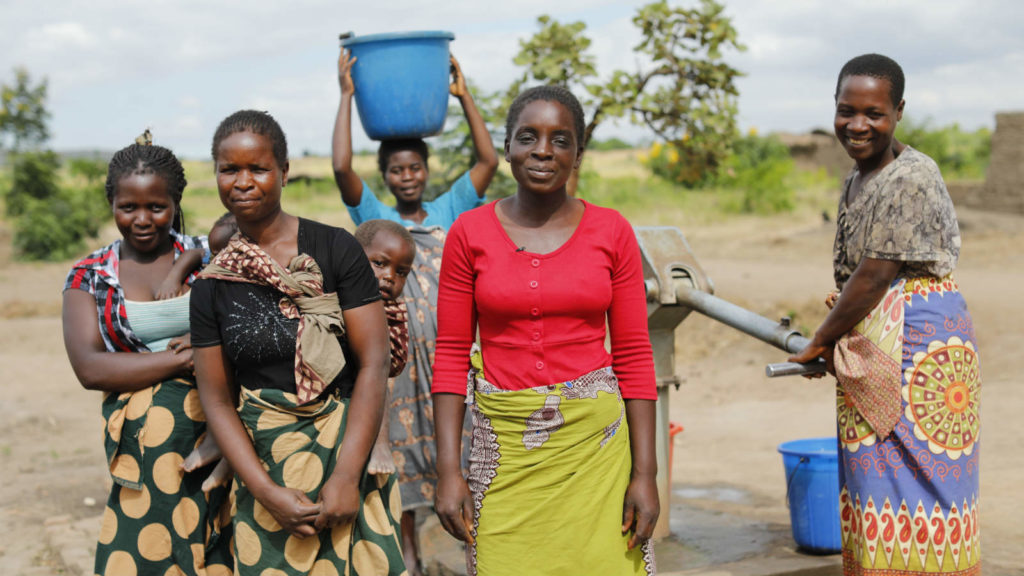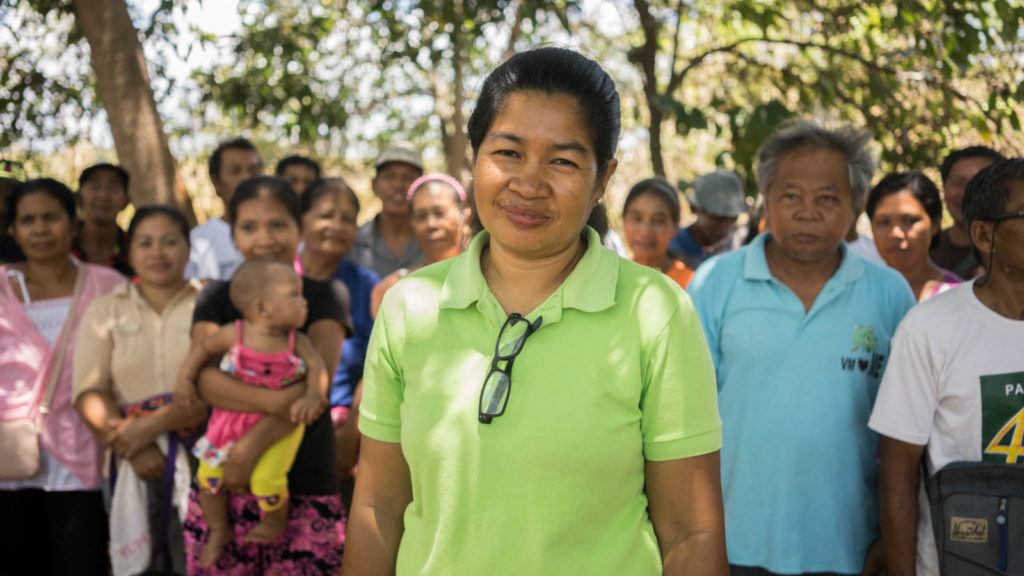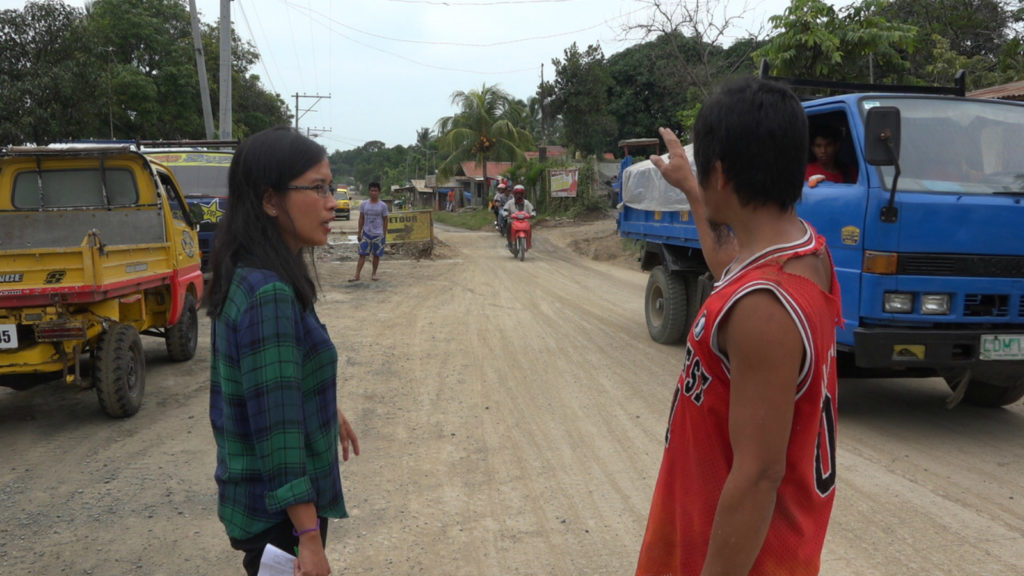How more transparent public spending processes can improve communities’ needs in Indonesia
Imagine: an Indonesian school gets good news. The local government has decided to buy it new computers. The order is placed. But when the computers arrive, it turns out the school doesn’t have enough electricity. The students are all eager to use them – but they can’t.
It is real life examples like these that show what can go wrong with public procurement and how taxpayers’ money is spent. According to Nanda Sihombing, Program Manager of the Open Contracting program at Hivos Southeast Asia, these mismatches happen all the time in Indonesia.
There are initiatives emerging to make local governments procure goods and services more efficiently and accountably. But they need a community of practice to make their reforms stick. That’s why Hivos has set up Local Open Contracting Initiatives (LOCI) together with a number of international partners.* LOCI is a global mechanism that aims to achieve better public service delivery at the local level. Because it is at the local level where procurement reforms benefit people most directly and in ways that matter to them most.
It’s not just about combating corruption, it’s also about getting the money back to the people where it belongs.
Need for improving the procurement process
Indonesia has more than 500 city/regency governments spread out over 17.000 islands. Many of these governments want to improve basic needs in their local community, such as health and education services. However, a lot of money, often citizens’ taxes, is not spent effectively.
Nanda explains why. “We found that often 70 percent of the problem lies in procurement processes. Local governments only plan their budget ahead for one year. So, for example, we saw the same roads being rebuilt every year with low quality materials, instead of every five years with more durable quality. If we can improve the procurement processes by disclosing more information about public spending initiatives, and actually make these governments more transparent and ‘open’, we can contribute to the growth of these communities.”
But collecting this information is not so easy, according to Nanda. “It is not in our culture to question our governments. And if no one requests information from them, it’s not going to be shared,” she explains. “At the same time, Indonesia is over-regulated, but does very little to enforce those regulations. And there is no standardization or transparency of information. This makes the procurement process not only ineffective, but also not accountable to the people affected.”
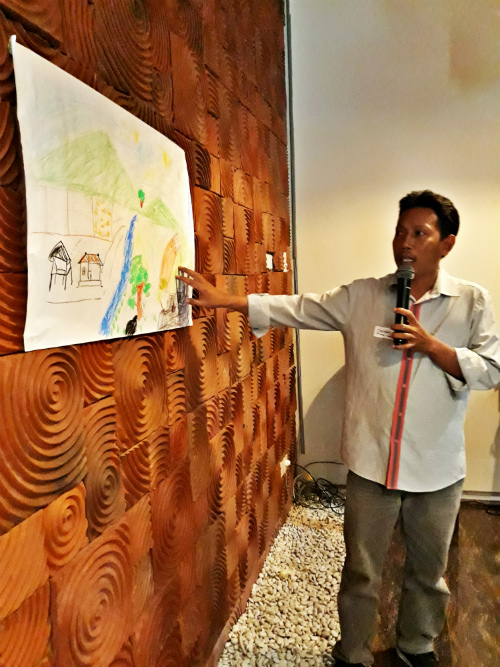
Zooming in: Semarang
LOCI is a linking and learning pilot. This means that by linking local governments with civil society representatives, LOCI aims to spark a dialogue and facilitate a peer learning process. Ultimately, the local initiatives can vocalize citizens’ demands and give them more insight into the public spending process.
No good initiative will work unless we work together with others.
Semarang, the largest city of central Java, is one of the cities that participates in the pilot. Together with Hivos and PATTIRO Semarang, a local organization that aims to improve public participation at the local level, Semarang is looking into making its procurement processes more gender-inclusive.
The Semarang government realized that not many women or female-led enterprises were participating in their public projects. Now PATTIRO Semarang is helping them advocate for gender-responsive projects, and they are on their way to making the tender procedures more accessible and transparent. “This does not only improve their local economy,” Nanda explains, “but could also be used as an example and replicated in other cities.”
The benefits of LOCI
The key, according to Nanda, is making sure that procurement process reforms are demand-driven. “Governments can change, but the people will stay. And they will keep demanding the same things: good schools, clean water, working hospitals. If a local government can really change the quality of basic public services in their community through opening up their ways of public spending, they will be able to bank on this success and get reelected.”
Better public service delivery also has broader political implications, as good procurement is good for democracy, Nanda explains. “When things go wrong, people lose trust in public institutions and public officials. This undermines democracy because people also lose a sense and awareness of their civic rights and duties. Better and more responsive public service delivery is good for everyone. People have better access to better services, and governments can do their jobs more effectively and efficiently.”
Hivos’ role
What is essential for the success of implementing open contracting at the local level is the inclusion of active citizens and progressive local governments. “No good initiative will work unless we work together with others,” adds Nanda. That’s why Hivos and the other LOCI partners focus on making sure that the push for better public service delivery is demand-driven. And when public services improve and become more open, Hivos and its partners can help to amplify these successes.
Nanda is confident that with more stories and evidence of how open contracting can benefit local communities, more governments can be convinced to get involved. “We can identify success stories, analyze the challenges, look for cross-overs in different countries, and share these in order to influence other actors. We are offering a very new approach to develop communities; it’s not just about combating corruption, it’s also about getting the money back to the people where it belongs. And I think that is very powerful,” she concludes.
LOCI is currently rolling out its first phase. Stay up to date: https://openupcontracting.org.
*LOCI is coordinated by Hivos in collaboration with Africa Freedom of Information Centre (AFIC), Development Gateway (DG), the Institute for Development of Freedom of Information (IDFI), Iniciativa Latinoamericana por los Datos Abiertos (ILDA), Young Innovations (YI), and Open Contracting Partnership (OCP).

